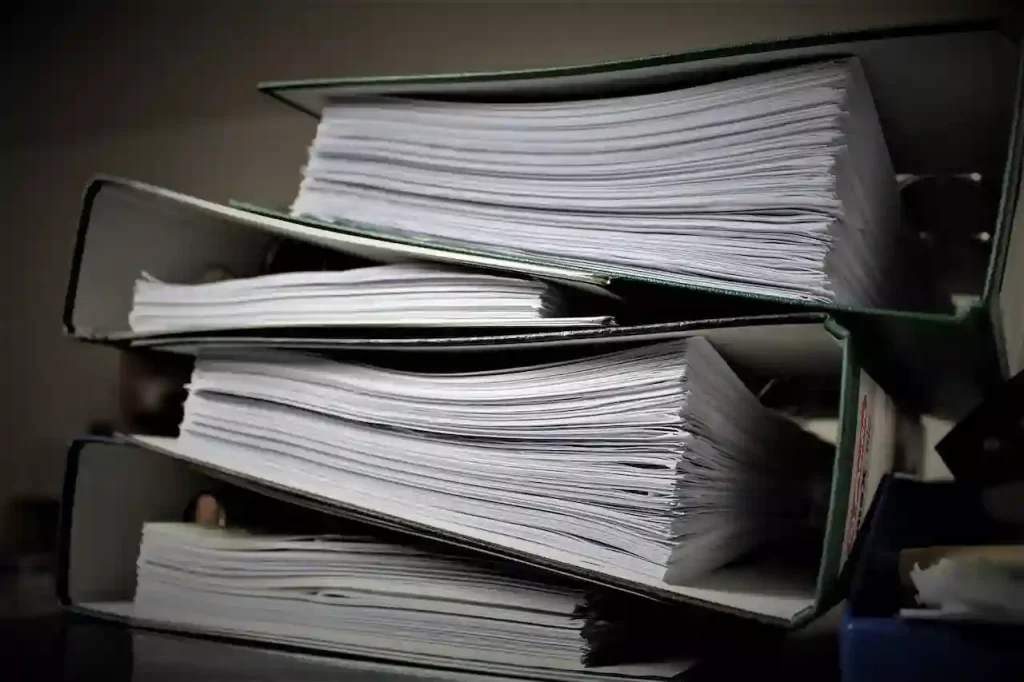Have you ever thought about what would happen to your assets and loved ones if something unexpected were to happen to you? That’s where a will comes in. A will is a legal document that outlines your wishes for the distribution of your assets and the care of your dependents after you pass away.
Unfortunately, there are many misconceptions surrounding wills that can lead to confusion and even unintended consequences. For example, some people believe that only wealthy individuals need wills, or that their family will automatically receive their assets without a will.
In this article, we’ll demystify the will by discussing the key components and the process of creating one. We’ll also provide tips for seeking professional help if needed. By the end of this article, you’ll have a clear understanding of what a will is and why it’s important to have one, as well as the tools to take action and create your own. Let’s get started!
Understanding the Purpose of a Will
A will is a legal document that outlines how you want your assets to be distributed after you pass away. It also allows you to name an executor who will manage your estate and ensure your wishes are carried out. Having a will is important for several reasons.
Firstly, a will ensures that your assets are distributed according to your wishes. Without a will, your assets will be distributed according to state law, which may not align with your preferences. This can lead to unnecessary stress and conflict among family members.
Secondly, a will allows you to name a guardian for any dependents you may have, such as children or pets. This ensures that they will be taken care of in the way you want.
Finally, having a will can make the probate process (the legal process of distributing your assets) quicker and more efficient.
Not having a will can have serious legal implications. Without a will, your assets may be distributed according to state law, which may not reflect your wishes. This can result in your assets going to individuals who you may not have wanted to receive them.
Additionally, not having a will can make the probate process longer and more complicated, leading to increased stress and expenses for your loved ones.
Scenarios where a will is especially important include individuals with significant assets, blended families, individuals with dependents, and those with unique wishes for their assets.
Key Components of a Will
A will typically consists of several key sections, each of which serves a specific purpose. These sections include the introduction, executor appointment, asset distribution, and guardianship clauses.
The introduction section of a will typically includes basic information such as your name, address, and date of birth. It may also include a statement revoking any prior wills.
The executor appointment section names the individual or individuals who will be responsible for managing your estate and ensuring that your wishes are carried out. It’s important to choose an executor who is trustworthy and capable of handling the responsibilities involved.
The asset distribution section outlines how your assets will be distributed after you pass away. This may include specific bequests, such as leaving a certain amount of money to a particular individual or charity, as well as instructions for how any remaining assets should be distributed.
The guardianship clause is particularly important for individuals with dependents. This section names a guardian who will be responsible for caring for your dependents if you pass away before they reach adulthood.
Each of these sections should include specific information, such as the names and contact information of beneficiaries, the percentage of assets each beneficiary will receive, and any conditions or restrictions you wish to place on the distribution of your assets.
The content of a will may vary depending on your unique circumstances. For example, individuals with significant assets or complex financial situations may need to include more detailed instructions for the distribution of their assets. Similarly, blended families or individuals with unique family structures may need to take additional factors into consideration when creating their wills.
Creating a Will
Creating a will involves several important steps to ensure that your wishes are carried out after you pass away. The first step is to identify your assets and beneficiaries. This includes taking an inventory of all of your assets, such as property, investments, and personal belongings, and deciding how you want them to be distributed. It’s also important to identify who you want to receive these assets, including family members, friends, and charities.
The next step is to choose an executor who will be responsible for managing your estate and ensuring that your wishes are carried out. It’s important to choose someone who is trustworthy and capable of handling the responsibilities involved.
Once you’ve identified your assets and beneficiaries and chosen an executor, it’s time to draft your will. This involves working with an attorney to ensure that your will meets all legal requirements, such as being signed and witnessed by two individuals who are not beneficiaries.
In order for a will to be valid, it must meet certain legal requirements. These requirements vary by state, but typically include having the document signed and witnessed by two individuals who are not beneficiaries, as well as being of sound mind and understanding the implications of creating a will.
It’s also important to regularly update your will as your circumstances change, such as getting married, having children, or acquiring new assets. This ensures that your will accurately reflects your wishes and helps to avoid any confusion or conflicts among your loved ones after you pass away.
Seeking Professional Help
Seeking professional help, such as an attorney or estate planner, when creating a will can provide several benefits. First, a professional can ensure that your will meets all legal requirements and is valid, which can help to avoid any issues with the probate process after you pass away. They can also provide guidance on complex issues, such as estate taxes, and help you make informed decisions about how to distribute your assets.
Attempting to create a will without professional guidance can lead to potential drawbacks. Without the expertise of a professional, you may overlook important legal requirements or make mistakes that could invalidate your will. You may also miss out on opportunities to reduce estate taxes or ensure that your assets are distributed in the most effective manner.
When choosing a qualified professional to assist with the process, it’s important to do your research and choose someone with experience in estate planning and wills. Consider asking for recommendations from friends or family members, and read online reviews to get a sense of the professional’s reputation and track record.
Additionally, it’s important to choose someone who is transparent about their fees and provides clear communication throughout the process. A qualified professional should be able to explain complex legal concepts in a way that you can understand and ensure that your wishes are accurately reflected in the final document.
Conclusion
In conclusion, a will is an essential document that outlines your wishes for the distribution of your assets and the care of your loved ones after you pass away. It’s important to understand the purpose and components of a will, including the appointment of an executor, the distribution of assets, and the guardianship of any minor children.
Creating a will involves several steps, including identifying your assets and beneficiaries, choosing an executor, and drafting the document to meet legal requirements. Seeking professional help, such as an attorney or estate planner, can provide valuable guidance and ensure that your will is valid and meets your wishes.
It’s crucial to regularly update your will to reflect any changes in your circumstances, such as getting married, having children, or acquiring new assets. This can help to avoid confusion or conflicts among your loved ones after you pass away.
We encourage readers to take action and create or update their wills to ensure that their wishes are carried out and their loved ones are taken care of. While creating a will can be a difficult topic to confront, it’s an essential step in planning for the future and providing peace of mind for you and your loved ones.





